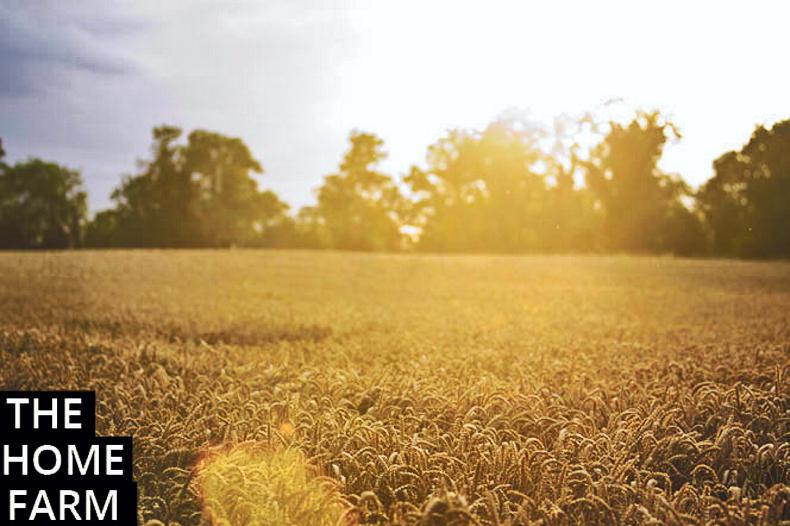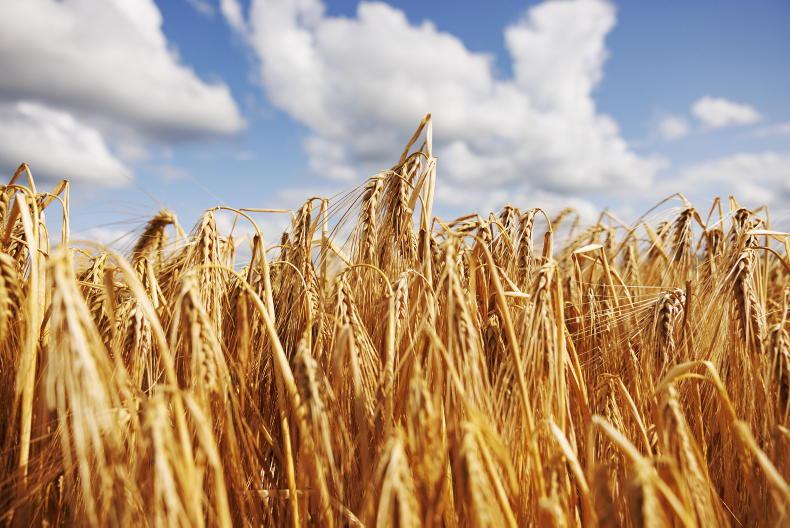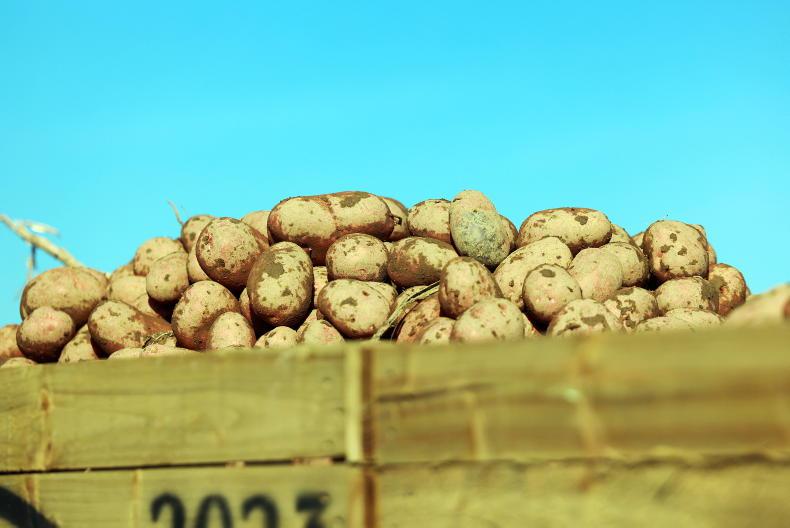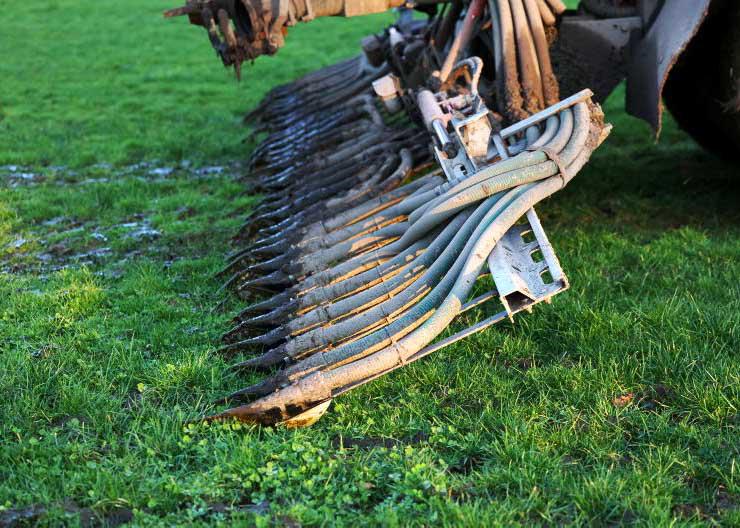Apart from the spring beans, the 2020 harvest is over. Never have we had such a variable outurn. In last autumn’s difficult conditions, I was struck by one of my neighbours telling me that he was not going to muck up his land but was going to wait until it had dried out in the spring and then going to put in spring barley. I thought he was wrong but, in fact, he was right.
While it may have been a difficult spring between floods and droughts, the end outcome was that my February-sown high-cost wheat crop did just under 2t/ac, much the same as the oilseed rape!
The high points of this year’s harvest were the oilseed rape at about 1.9t/ac and the seed wheat after beans at over 4.5t/ac
There was a section of one field which we had no option but to let dry out and in mid-April, we put in spring barley – low-cost limited fungicides etc, at the end of the day just at 2.5t/ac – far more profitable than mucked in wheat and far kinder to the land. An expensive lesson learned.
The high points of this year’s harvest were the oilseed rape at about 1.9t/ac and the seed wheat after beans at over 4.5t/ac. The winter barley at 3t/ac must be viewed as mediocre. The winter oats did about 3.75t/ac but the mucked spring oats did little more than 1.5t/ac.
Looking at the beans the other day, I was amazed to see late beans growing up near the top of the plant, so while the bottom beans are dark and hard, the new top ones are light green and soft.
With the present excellent grass growth and hugely improved ground conditions we still have all the cattle outside
While the crop has been treated with a glyphosate, I am not sure how easy the bean harvest is going to be especially with the poor weed control.
With the present excellent grass growth and hugely improved ground conditions we still have all the cattle outside.
I must admit I am nervous about buying any extra cattle because of the possible chaos on the Brexit side. It has the potential to derail the beef industry more than any other though it would seem to be unthinkable that new tariffs would go up on beef exports to Britain from 1 January but the full story has to unfold yet.
Read more
Home Farm: marked paddocks and damp harvest
From the Tramlines: growers counting down the days to the end of harvest
Apart from the spring beans, the 2020 harvest is over. Never have we had such a variable outurn. In last autumn’s difficult conditions, I was struck by one of my neighbours telling me that he was not going to muck up his land but was going to wait until it had dried out in the spring and then going to put in spring barley. I thought he was wrong but, in fact, he was right.
While it may have been a difficult spring between floods and droughts, the end outcome was that my February-sown high-cost wheat crop did just under 2t/ac, much the same as the oilseed rape!
The high points of this year’s harvest were the oilseed rape at about 1.9t/ac and the seed wheat after beans at over 4.5t/ac
There was a section of one field which we had no option but to let dry out and in mid-April, we put in spring barley – low-cost limited fungicides etc, at the end of the day just at 2.5t/ac – far more profitable than mucked in wheat and far kinder to the land. An expensive lesson learned.
The high points of this year’s harvest were the oilseed rape at about 1.9t/ac and the seed wheat after beans at over 4.5t/ac. The winter barley at 3t/ac must be viewed as mediocre. The winter oats did about 3.75t/ac but the mucked spring oats did little more than 1.5t/ac.
Looking at the beans the other day, I was amazed to see late beans growing up near the top of the plant, so while the bottom beans are dark and hard, the new top ones are light green and soft.
With the present excellent grass growth and hugely improved ground conditions we still have all the cattle outside
While the crop has been treated with a glyphosate, I am not sure how easy the bean harvest is going to be especially with the poor weed control.
With the present excellent grass growth and hugely improved ground conditions we still have all the cattle outside.
I must admit I am nervous about buying any extra cattle because of the possible chaos on the Brexit side. It has the potential to derail the beef industry more than any other though it would seem to be unthinkable that new tariffs would go up on beef exports to Britain from 1 January but the full story has to unfold yet.
Read more
Home Farm: marked paddocks and damp harvest
From the Tramlines: growers counting down the days to the end of harvest










SHARING OPTIONS